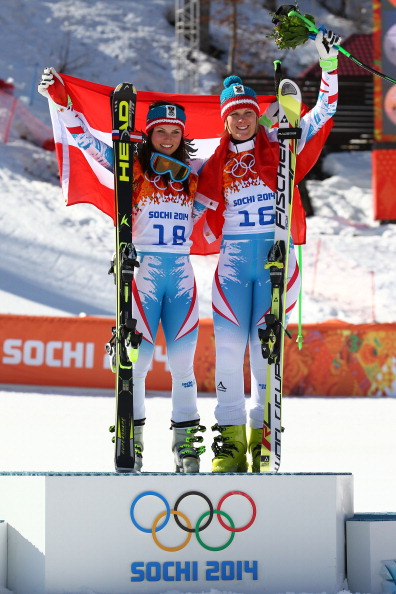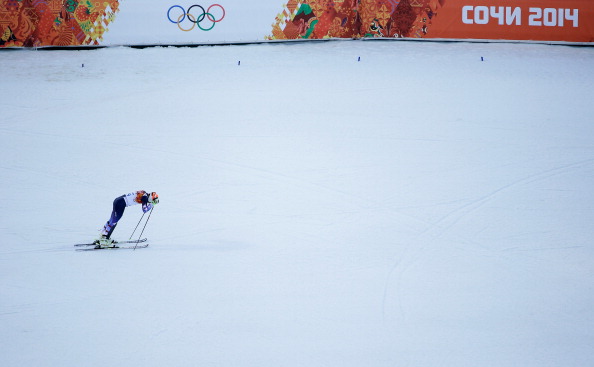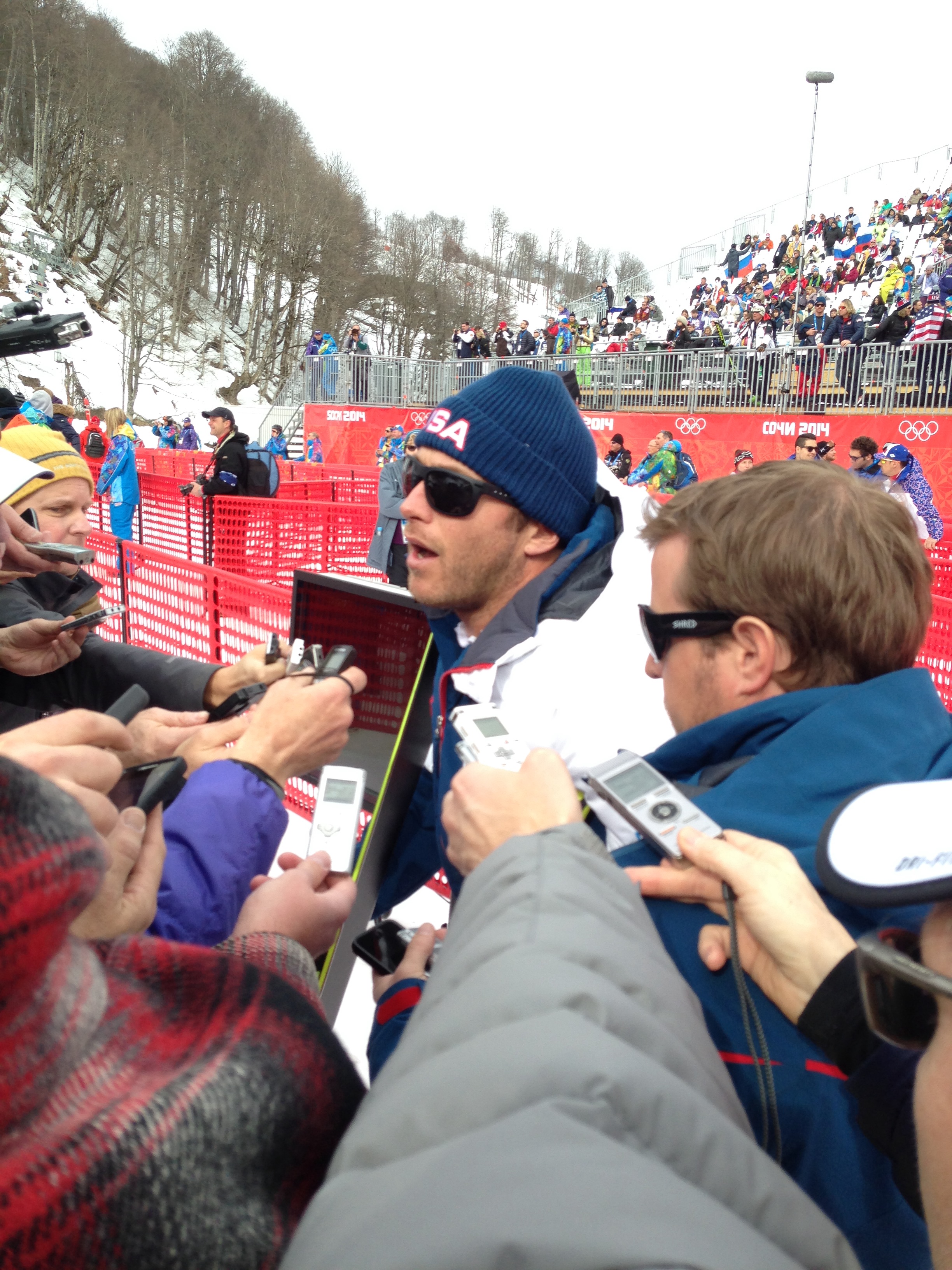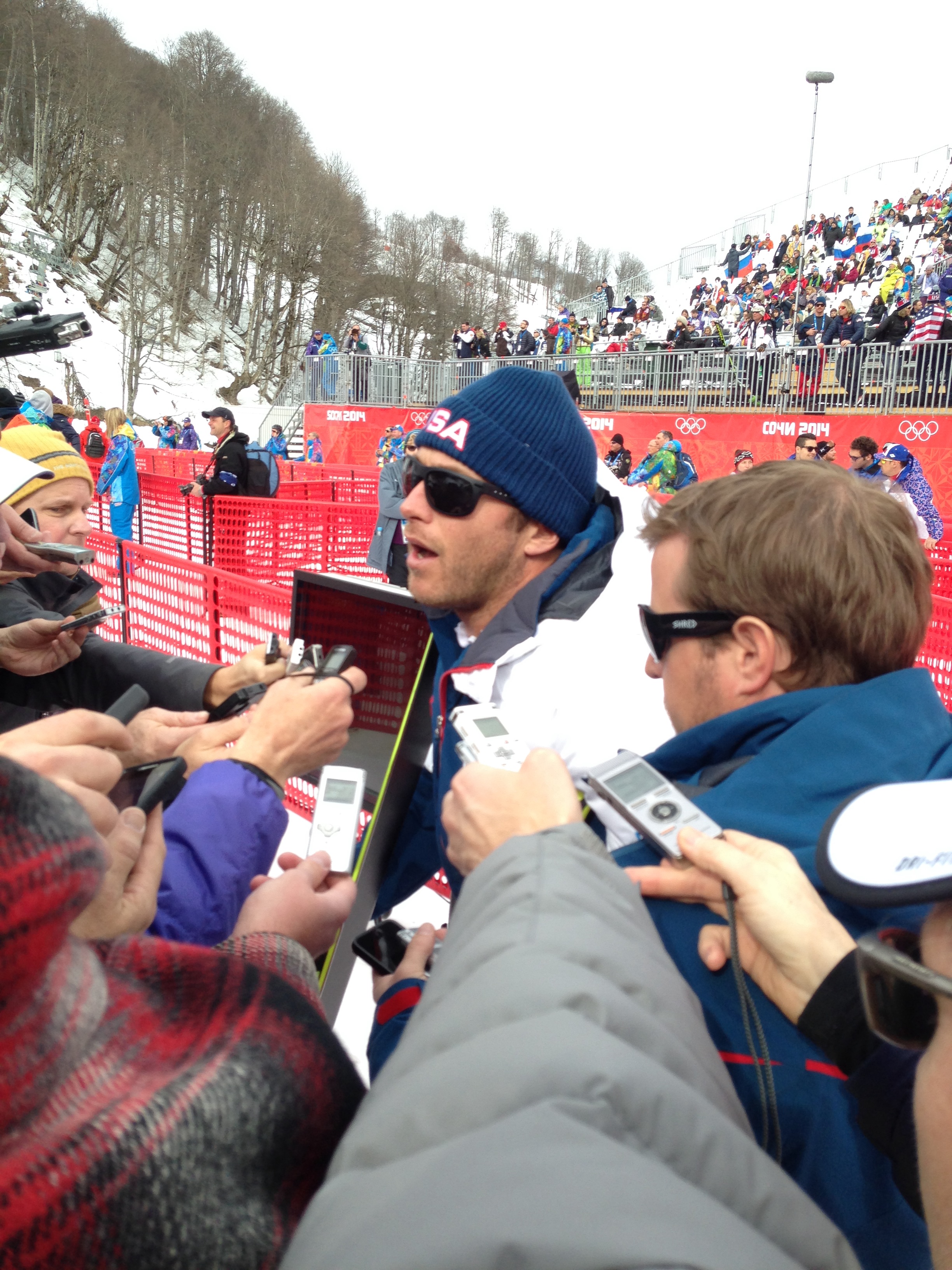KRASNAYA POLYANA, Russia — Slovenia’s Tina Maze calls slalom her favorite discipline, which perhaps is a surprise given that it is, of the five alpine ski events, her weakest. It is giant slalom that brings out her soulful side. “GS,” she says, “is like poetry for me.”
In that spirit, after a wild and wet day Tuesday at Rosa Khutor that saw Maze fight through snow, rain, sleet and fog to win her second gold medal of the 2014 Winter Games and indisputably re-establish that she is, no question, the No. 1 female skier on Planet Earth, here is a haiku to commemorate not just the moment but the ski poetry Maze slammed down in winning the GS:
Tina Maze wins
One more Sochi gold medal
What now, Lindsey Vonn?
For the rest of this post, please click through to NBCOlympics.com: http://nbco.ly/1jOcI0E













